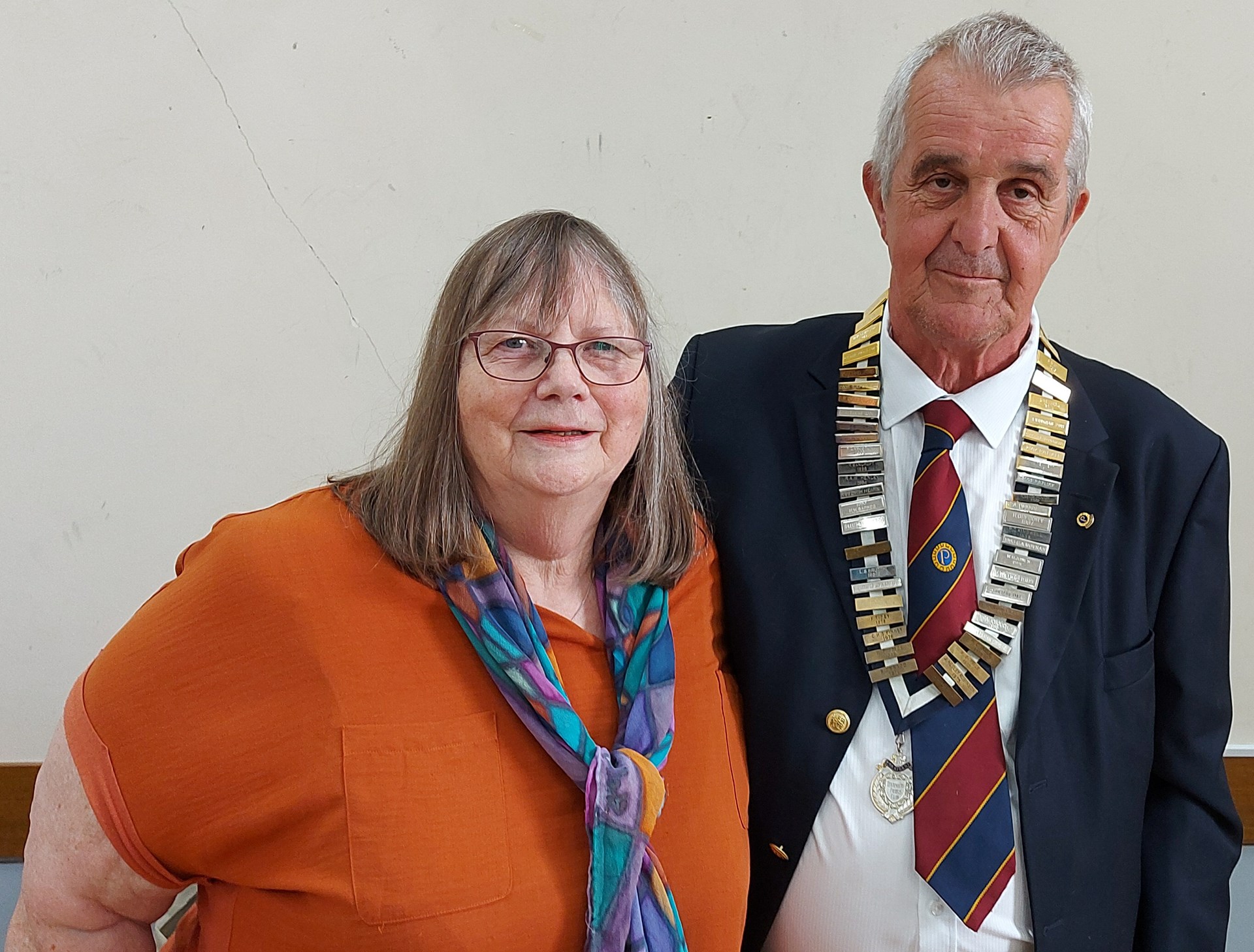Port of Teignmouth a Dangerous Place
Speaker Meeting 4th June 2025
Lesley McGinn, a local historian and researcher member of The Friends of Teignmouth Cemetery gave a presentation to Teignmouth Mens Probus Club Mens of some interesting people resting in our local cemetery which members can regularly see gazing out of the window of our meeting place at Richard Newton Hall Community Centre.
The theme came from researching the cemetery gravestones for foreign sounding names from plot records, then finding out about who theses people were from other registry sources including old press reports.
The unfortunate demise and life stories of 10 or so individuals quickly concluded that the Port of Teignmouth used to be a dangerous place for seafarers’ to visit. A couple of names stood out –in 1907, Diego Serafino Sidoti an Italian from Cicily, the Captain of a Brigantine about to take clay back to Genoa, when returning to his ship by oared tender he slipped and fell on the thowel pins (uses by oars when rowing) puncturing his abdomen and bled to death. He was aged 48, married with 9 children and rests in an unmarked grave. Research shows one of his children emigrated to America in 1915 and then brought the rest of his family to the US. An other was a ‘good news’ story about Frank Adams Mear who in 1871 was the ships cook on another Brigantine in port for maintenance who was badly burned when his arms were accidentally immersed in boiling pitch when retarring the ship’s hull. After treatment in our local infirmary he went on to become a Master of Arms in the Royal Navy in 1891 and survived to his death in 1932. Several other gruesome incidents were told of mariners falling off gang planks, dockside falls into the water, crushed by dockside rail trucks, and an accidental shooting when wildfowling on ‘The Old Salty’. The members were amazed at the amount of information is ‘out there’ ready to be discovered. The vote of thanks was given by member Keith Underwood.
Posted by Press Officer Rick Purnell
